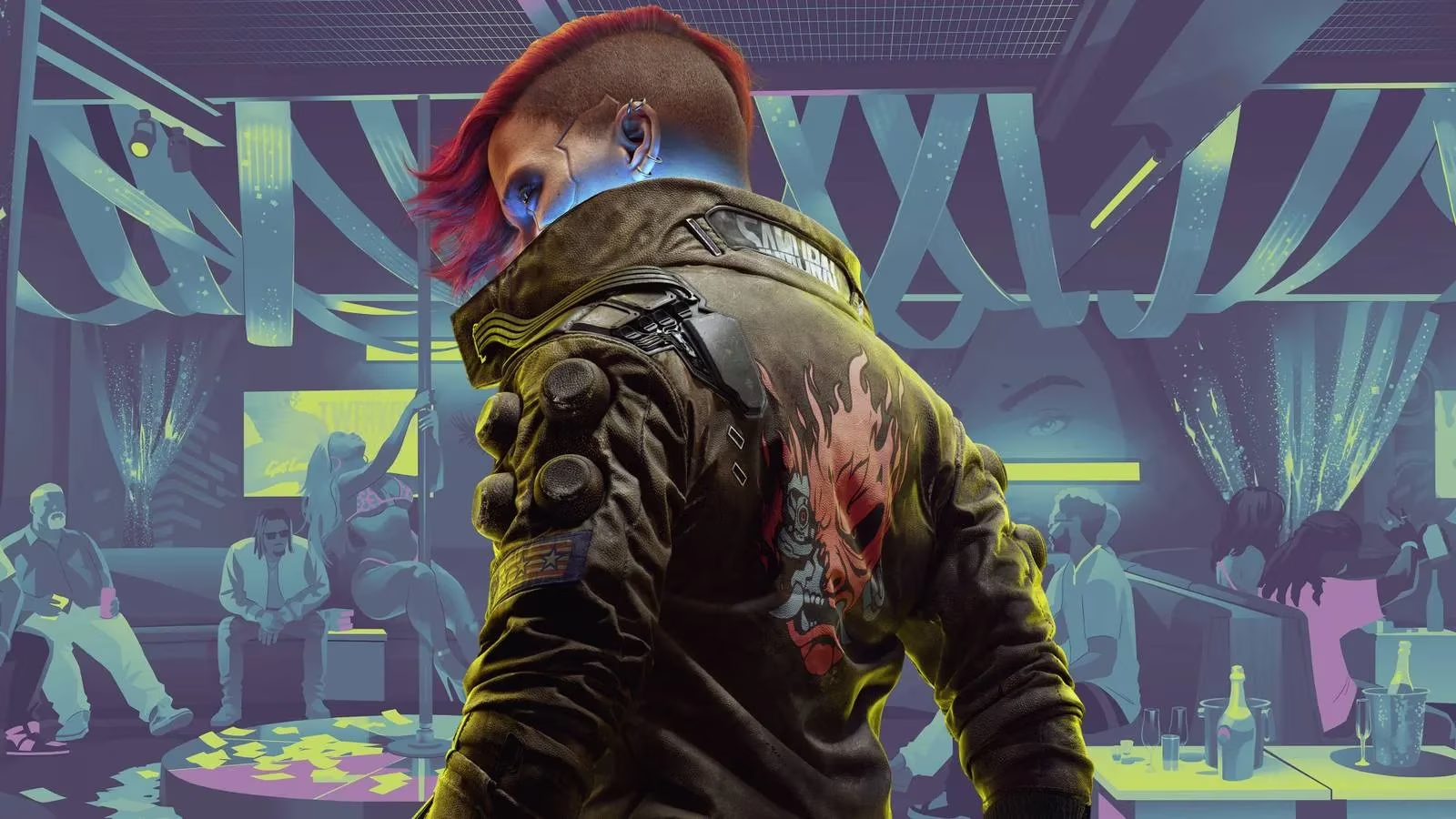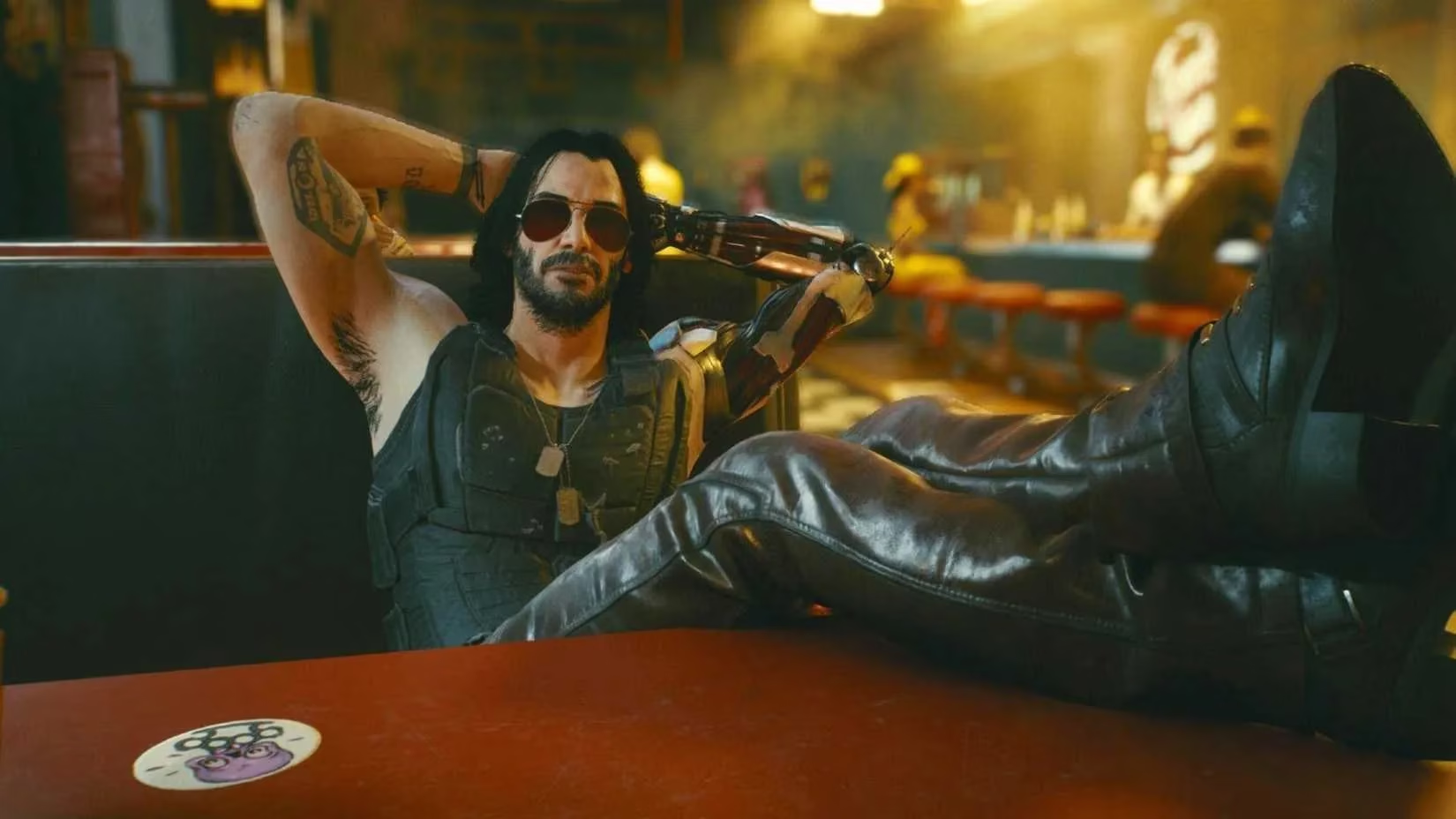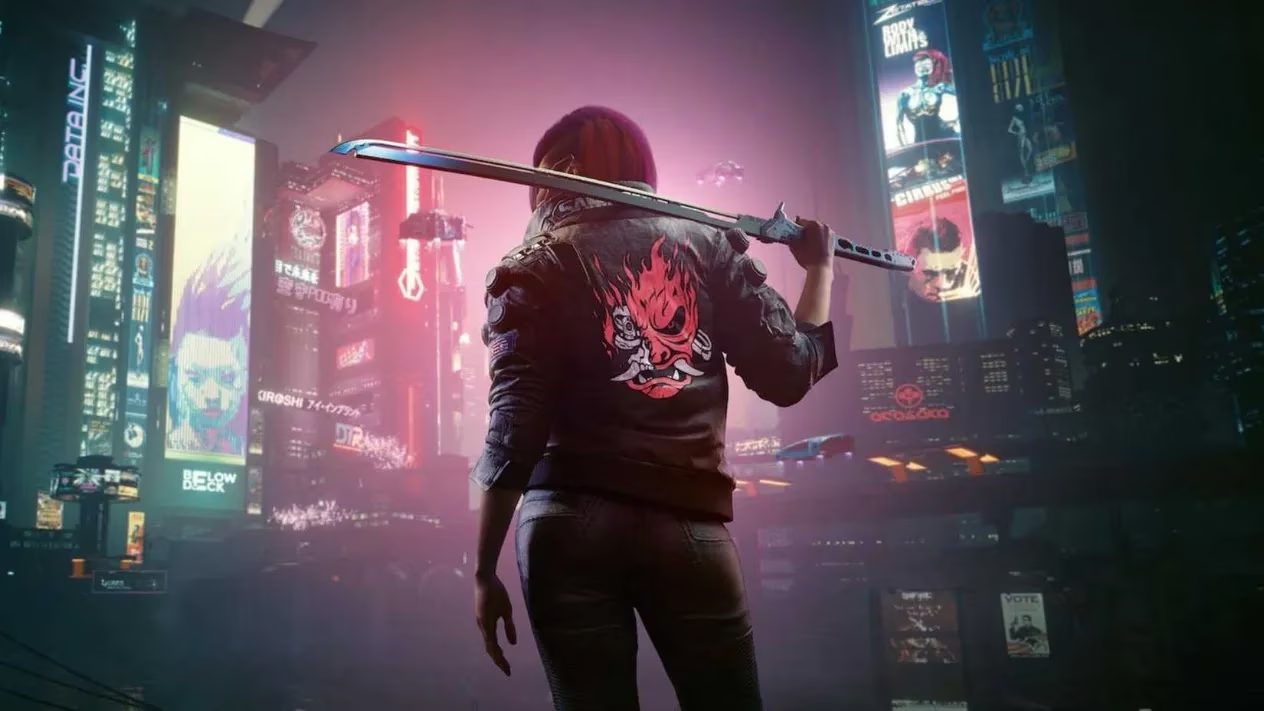When Delays Whisper Wisdom: Gaming Giants Dance with Time
Discover how GTA 6's delay and Cyberpunk 2077's redemption reveal the resilience and mastery behind gaming's most anticipated titles, inspiring fans worldwide.
The autumn winds carried yet another collective sigh across the digital realm as Rockstar Games announced Grand Theft Auto 6's postponement to November 2026. In this symphony of shifting schedules, an unexpected player emerged from the wings - CD Projekt Red. With a wry smile etched in binary, the studio behind Cyberpunk 2077 extended not condolences but camaraderie. They resurrected their own October 2020 declaration promising no further delays for their troubled masterpiece, a ghostly reminder that even titans stumble on the path to perfection. The irony hung thick like Night City smog, for both studios now understood the terrible beauty of time's tyranny - how it stretches moments into eternities for hungry fans, yet contracts into heartbeats for creators chasing the sublime.

Rockstar's journey mirrors CD Projekt Red's pilgrimage through the valley of delays. When Grand Theft Auto 6 first shimmered on the horizon in 2023, its promised arrival in Fall 2025 felt tangible. Then came the gentle nudge to May 2026, met with knowing nods from veterans recalling Red Dead Redemption's own temporal tango. But November's announcement struck deeper - a full six-month extension to November 19, 2026 - revealing the Herculean effort required to polish this digital metropolis to diamond perfection. One could almost feel the collective wince radiating from screens worldwide, a visceral ache familiar to any soul who's counted down days to a dream deferred. The studio's silence spoke volumes; no excuses, only solemn determination to deliver the crystalline vision gamers deserved.
CDPR's response wasn't mockery but mentorship through shared scars. Their tweet linking to that fateful 2020 pledge became a hieroglyph of humility. For those who weathered Cyberpunk 2077's cataclysmic December 2020 launch, the memory remains raw - a brilliant constellation of ideas obscured by swirling nebulae of glitches. PlayStation's unprecedented delisting felt like an industry intervention. The phantom pain lingers: characters materializing through concrete, missions disintegrating mid-play, the haunting dissonance between promised grandeur and delivered chaos. Yet through this crucible emerged profound empathy. "We remember," CDPR seemed to whisper, "how the ticking clock becomes a guillotine when artistry demands more."

What transforms delay from tragedy to triumph is resurrection. Cyberpunk 2077's phoenix-like ascent stands as gaming's most luminous redemption arc. Through relentless updates culminating in the revolutionary 2.0 overhaul, Night City gradually became the promised land. Core mechanics underwent alchemical transformation; skill trees blossomed with complexity, police systems gained terrifying intelligence, vehicular combat erupted with cinematic fury. Then came Phantom Liberty - not mere expansion but reincarnation. Idris Elba's Solomon Reed walked paths Keanu Reeves' Johnny Silverhand paved, weaving spy-thriller tension into the neon tapestry. The expansion didn't just add content; it baptized the entire experience in reinvention. One could taste the redemption - metallic and sweet like blood and chrome on rain-slicked streets.

There's poetry in this shared pilgrimage toward polish. When Rockstar delays, they invoke CD Projekt's ghost not as warning but as kindred spirit. Both studios now grasp the sacred calculus: every extra month of development is interest paid toward immortality. Gamers' anguish is real - that hollow echo when anticipation's crescendo falls silent - yet the alternative is infinitely crueler. Imagine Liberty City without its bustling authenticity, Night City without its rain-slicked soulfulness. These virtual realms become homes only when every brick, every byte vibrates with intention. The wait becomes liturgy; frustration transforms into fuel for perfection. In this cathedral of creation, delay isn't failure - it's the final sacrament before revelation.
❓ Frequently Asked Questions
Q: Why did CD Projekt Red reference their own delay history when reacting to GTA 6's postponement?
A: It was a poignant act of solidarity wrapped in self-deprecating humor. By resurrecting their broken 2020 "no more delays" promise, they acknowledged the painful yet necessary journey toward polish that both studios now share.
Q: How many times was Cyberpunk 2077 delayed before launch?
A: The game endured three significant delays prior to its troubled December 2020 release:
-
Initial delay from April → September 2020
-
Second delay from September → November 2020
-
Final delay from November → December 2020
Q: What fundamentally changed about Cyberpunk 2077 after its disastrous launch?
A: Through relentless updates, CDPR achieved:
✨ Complete overhaul of police AI and wanted system
✨ Revamped perk trees and cyberware mechanics
✨ Dynamic vehicle combat and car chases
✨ Reworked enemy scaling and combat balance
✨ Phantom Liberty's game-changing Relic skill tree
Q: Why do major game studios frequently delay titles despite announcing release dates?
A: Triple-A development involves intricate balancing of:
-
Technical optimization across multiple platforms
-
Squashing game-breaking bugs and glitches
-
Refining gameplay systems based on QA feedback
-
Meeting astronomical player expectations
-
Avoiding catastrophic launch failures that damage reputations
Q: Did Phantom Liberty's success validate CD Projekt Red's approach to post-launch development?
A: Absolutely. The expansion became a benchmark for redemption narratives, proving that:
✅ Player trust can be rebuilt through substantive updates
✅ Core gameplay systems can evolve significantly post-launch
✅ Narrative depth can expand meaningfully beyond the main story
✅ Technical excellence is achievable through dedicated iteration